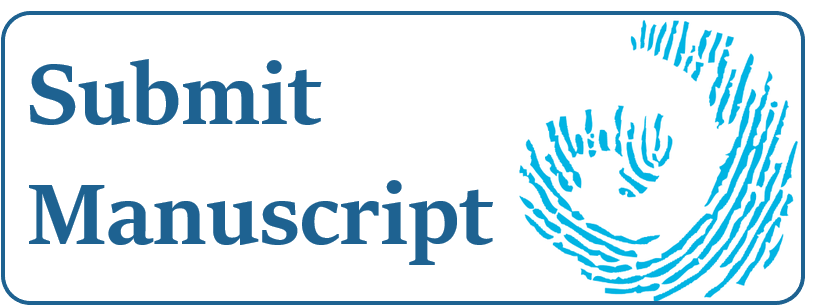Archival practices in Early Modern Spain: transformation, destruction and (re)construction of family archives in the Canary Islands
Abstract
The Canary Islands were conquered from the aboriginal population and colonised in the fifteenth century. This process subjected its inhabitants to the Castilian legal framework, in which evidence of ownership was demanded through documentary proof. Archives, therefore, proliferated in the new territory as a necessity to demonstrate, prove and preserve privileges and patrimony. At the same time, the ‘value’ of archives made them targets for destruction, theft or seizure in situations of social, political, military and family conflict. Moreover, Canary Island archives were affected by natural causes and natural disasters. Within this context, the present paper focuses on the transformations caused by these factors in family archives. The paper aims to explain how, in cases of damage or destruction, families struggled to reconstruct their archives in order to manage and defend their patrimony and family memory. Drawing on different examples, this paper offers empirical evidence on the multicontextualism of these archives. The results demonstrate that several family archives in the Canary Islands are (re)constructions from the seventeenth and eighteenth centuries. Moreover, the archival practices can be framed within a progressive inclusion in the islands of the ‘New Archive Culture’ from mainland Spain.
From 2022 (Volume 50) authors contributing to Archives & Manuscripts agree to publish their work under the terms of the Creative Commons Attribution-NonCommercial-NoDerivatives License), which permits non-commercial re-use, distribution, and reproduction in any medium, provided the original work is properly cited, and is not altered, transformed, or built upon in any way. Authors retain copyright of their work, with first publication rights granted to A&M.




